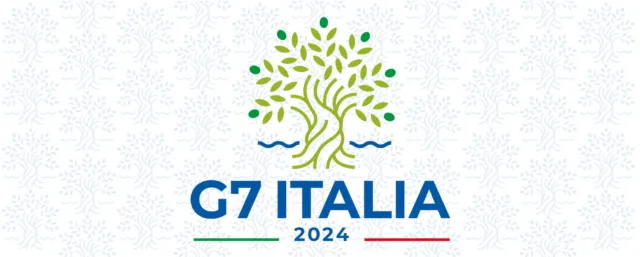Amid rising tensions and complex challenges on the global stage, the Group of Seven (G7) foreign ministers convened in Capri, Italy, for crucial discussions, underscoring the imperative of unity and cooperation in addressing pressing issues. Hosted under the Italian G7 presidency, the meeting served as a platform for reaffirming commitment towards shared values and advancing collective responses to multifaceted challenges. NATO Secretary General Jens Stoltenberg set the tone by emphasizing the significance of bolstering support for Ukraine, particularly in the face of ongoing aggression. Addressing attendees, Stoltenberg highlighted the encouraging signals citing recent initiatives such as the Czech-led ammunition effort, increased military assistance from the Netherlands, Denmark’s new aid package, and Germany’s decision to deploy an additional Patriot system to Ukraine. Looking ahead, Stoltenberg outlined NATO’s plans to assume a greater role in coordinating security assistance and training for Ukraine, underscoring the need for consistent and predictable financial backing.
Italian Prime Minister Giorgia Meloni, who recently assumed the G7 presidency, underscored the importance of maintaining unity and cohesion among member states amidst escalating global challenges. Meloni’s presidency comes at a critical juncture, with the G7 summit in June poised to address a spectrum of issues ranging from the Ukraine crisis and Middle East conflicts to policies concerning Africa, migration, and multilateral cooperation on artificial intelligence (AI). Additionally, Meloni faces the formidable task of navigating divergent priorities within the G7, including Africa, migration, and economic stability. While her government’s Mattei plan aims to address these issues comprehensively, criticisms regarding its scope and effectiveness persist, underscoring the complexity of the challenges at hand.
As Meloni assumes her first experience chairing a multilateral forum, the stakes are high, particularly amidst upcoming elections across key G7 nations. The outcomes of these elections could significantly impact the G7’s ability to reach consensus on critical issues, necessitating adept diplomatic manoeuvring and strategic engagement.
Prime Minister Narendra Modi’s acceptance of Meloni’s invitation to attend the G7 Summit Outreach Sessions in June reflects the significance of multilateral cooperation in addressing global challenges. Modi’s participation underscores India’s commitment to fostering international collaboration and addressing shared concerns.
As the G7 deliberations continue, all eyes remain on Italy’s leadership under Meloni’s presidency, with hopes pinned on collaborative efforts to navigate the complex geopolitical landscape and chart a course towards a more secure, prosperous, and interconnected world.









